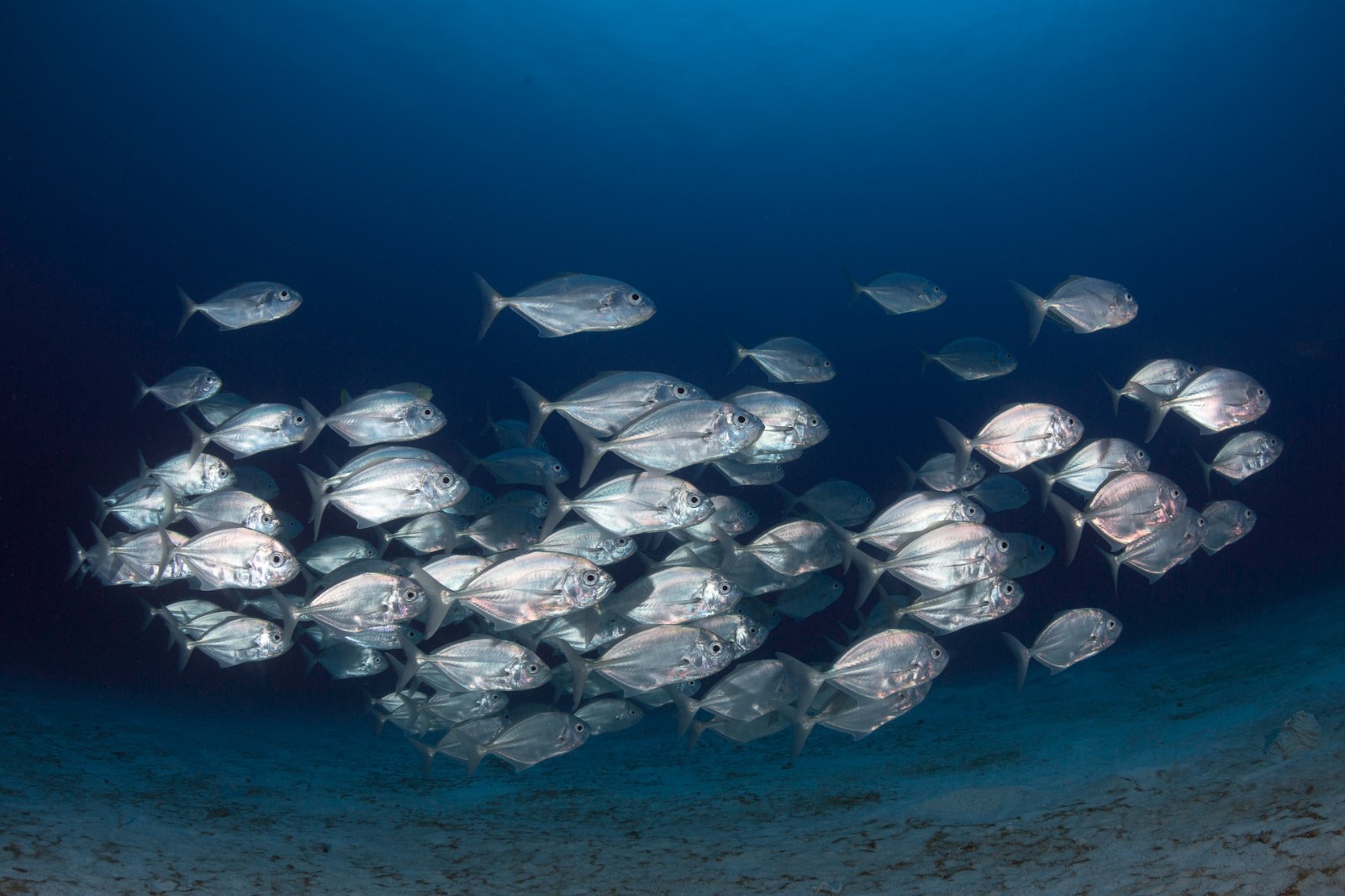


Recently, at the "UK-Norway Seafood Summit" held in London, UK officials said that the government is considering imposing sanctions on Russian raw materials processed in third countries.
Mark Spencer, UK Minister for Food, Agriculture and Fisheries, said: "We are considering expanding Russian sanctions, we want to see how much cod will be imported through third countries, it is uncertain whether China has purchased a large number of Russian raw materials, if there is evidence to prove this, we will reserve the right to take further action. "
Spencer said the UK government would be keeping a close eye on this trade flow in the coming months. "If that proves to be the case and we start to see an increase in imports, then I certainly reserve the right to take sanctioning action because I want to protect British fishermen, as well as trade relations with our coastal neighbours."
Trade data shows that in 2023, the UK imported 21,526 tonnes of real cod from China, up 14% year-on-year, with the main product being frozen fillets; the UK's 35% tariff increase on Russian seafood led to a 56% drop in direct imports last year.
The UK is currently an outlier among the world's major consumers of real cod products, as there are no sanctions or tariffs in place that specifically target raw Russian whitefish processed in third countries.
In 2023, the UK applies a zero rate of duty on 40,140 tonnes of real cod raw material and 31,120 tonnes of pollock raw material that can only be used for reprocessing. In the case of semi-finished products from Chinese factories, they can also enjoy zero tariff.
On 22 December last year, the US announced a total ban on Russian seafood, including raw materials processed in third countries, with the deadline extended to 31 May, which is expected to affect the market for 90,000 tonnes of haddock, while the EU has abolished its autonomous tariff quota on all Russian raw materials since 1 January this year, which is equivalent to a tariff of 7.5-12%.
Eivind Braekkan, an analyst at the Norwegian Seafood Directorate, pointed out that the UK has thus become a target for Chinese exporters to compete for, and that due to EU and US sanctions, more Chinese-processed haddock and haddock may be exported to the UK as Russian raw materials are not allowed to enter other countries, depending on the willingness of the UK consumer to accept Russian products, of course.
But on the other hand, growth in UK whitefish consumption has stalled due to inflation, Braekkan said, adding that the amount of Norwegian haddock imported into the UK from January to November last year was virtually unchanged from the same period a year earlier, while imports from Iceland were down by 12 per cent, imports from the Faroe Islands were down by 12 per cent, and imports from Greenland were up by 5 per cent.
For haddock products, the total volume of UK imports from January to November last year was unchanged from the previous year. imports of haddock from Russia slipped 24 per cent, Norway 9 per cent and China was flat, but Iceland was up 35 per cent.
Braekkan said the overall performance of UK seafood imports had been weak over the past two years, with average food and meat prices up 7 per cent. By weight of raw material, haddock slipped 8 per cent to 200,000 tonnes, shrimp 6 per cent to less than 75,000 tonnes and salmon 11 per cent to 100,000 tonnes, while cheap balsa products showed rapid growth.
Need help or have a question?
Send mail